The Bruhat Bengaluru Mahanagara Palike (BBMP) has introduced revised guidelines for property registration, particularly focused on A-Khata and B-Khata properties. These guidelines aim to increase transparency and ensure compliance with urban planning regulations, addressing growing concerns about unauthorized constructions and the complexities surrounding land conversion in the city. These changes will affect how property registration is handled, the approach to land use, and the management of Bengaluru’s rapid urban growth.
A central feature of the updated guidelines is the requirement for prior approval from planning authorities before properties can be registered. This mandate stems from amendments to the Karnataka Town and Country Planning (KTCP) Act in 2021, which now require all properties to secure approval from planning authorities prior to registration. This applies to properties previously registered under either A-Khata or B-Khata. The goal of this rule is to control the spread of unauthorized constructions, especially on land that was originally designated for agricultural use.
One of the most important changes is that properties converted from agricultural land to non-agricultural land without proper authorization from planning authorities will no longer be eligible for either A-Khata or B-Khata registration. These land conversions must comply with zoning laws and urban development plans. The BBMP has made it clear that agricultural or vacant land that has been converted to non-agricultural use will not be considered for registration unless the conversion is formally approved. This is designed to prevent unauthorized developments that could further strain the city’s infrastructure and planning systems.
Additionally, the guidelines impose restrictions on subdividing properties. Property owners with A-Khata or B-Khata registration cannot divide their properties without obtaining prior authorization. This provision seeks to limit the illegal partitioning of plots, a common practice among developers looking to maximize profits by bypassing regulations. Furthermore, properties must have an Occupancy Certificate (OC) before being eligible for A-Khata registration. If a property does not have an OC, it will not qualify for A-Khata registration, regardless of whether it has basic utilities like water and electricity.
For properties that lack the required approvals but already have electricity or water connections from agencies like BESCOM or BWSSB before September 30, 2024, B-Khata registration may still be granted, provided other conditions are met. However, applications that do not meet the updated criteria will be automatically rejected. Additionally, disciplinary action may be taken against officials who fail to enforce these rules.
These changes will impact property owners and developers in Bengaluru, as they must ensure that their properties comply with urban planning regulations before they can be registered with the BBMP. This includes securing the necessary approvals from planning authorities, a process that can sometimes be time-consuming. Developers will also need to revise their construction plans, particularly on agricultural land that has been converted to non-agricultural use. They must ensure that all required documentation and approvals are in place before proceeding with construction or registration.
While these new rules are intended to improve urban planning and address issues associated with unauthorized constructions, they may create challenges for property owners who have already developed or purchased properties without the necessary approvals. The updated guidelines could result in delays in the registration process and complicate property transactions. Property owners and developers will need time to adjust to the new requirements and ensure their properties meet the updated standards.
However, the BBMP has emphasized that these measures are essential to addressing ongoing issues like illegal construction, insufficient drainage, and traffic congestion, which result from developments that do not comply with planning regulations.

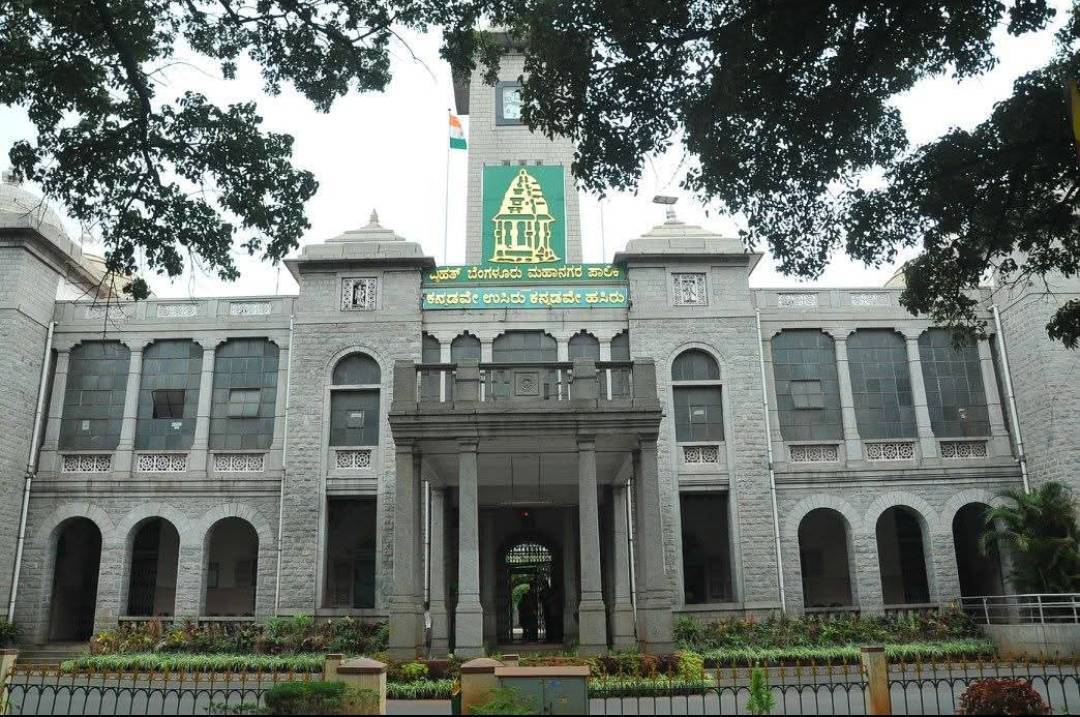
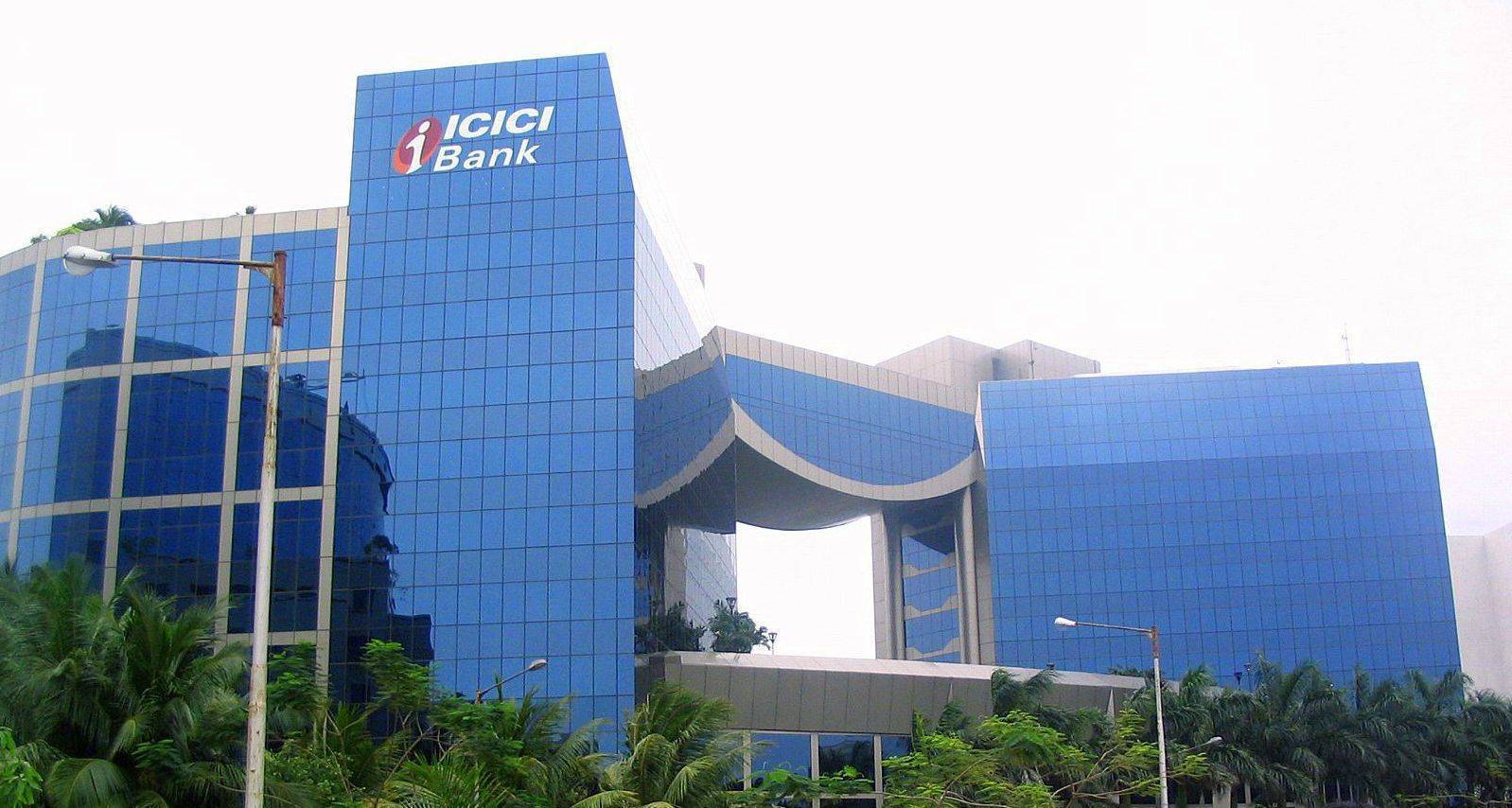
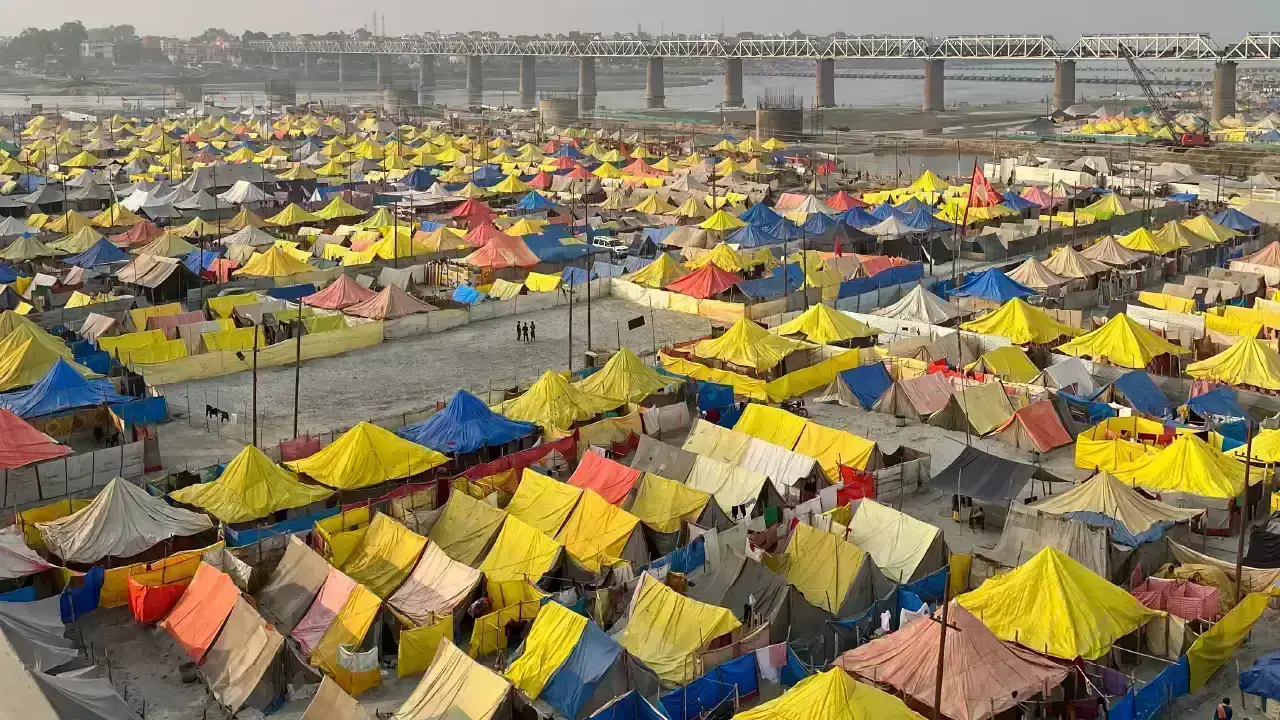
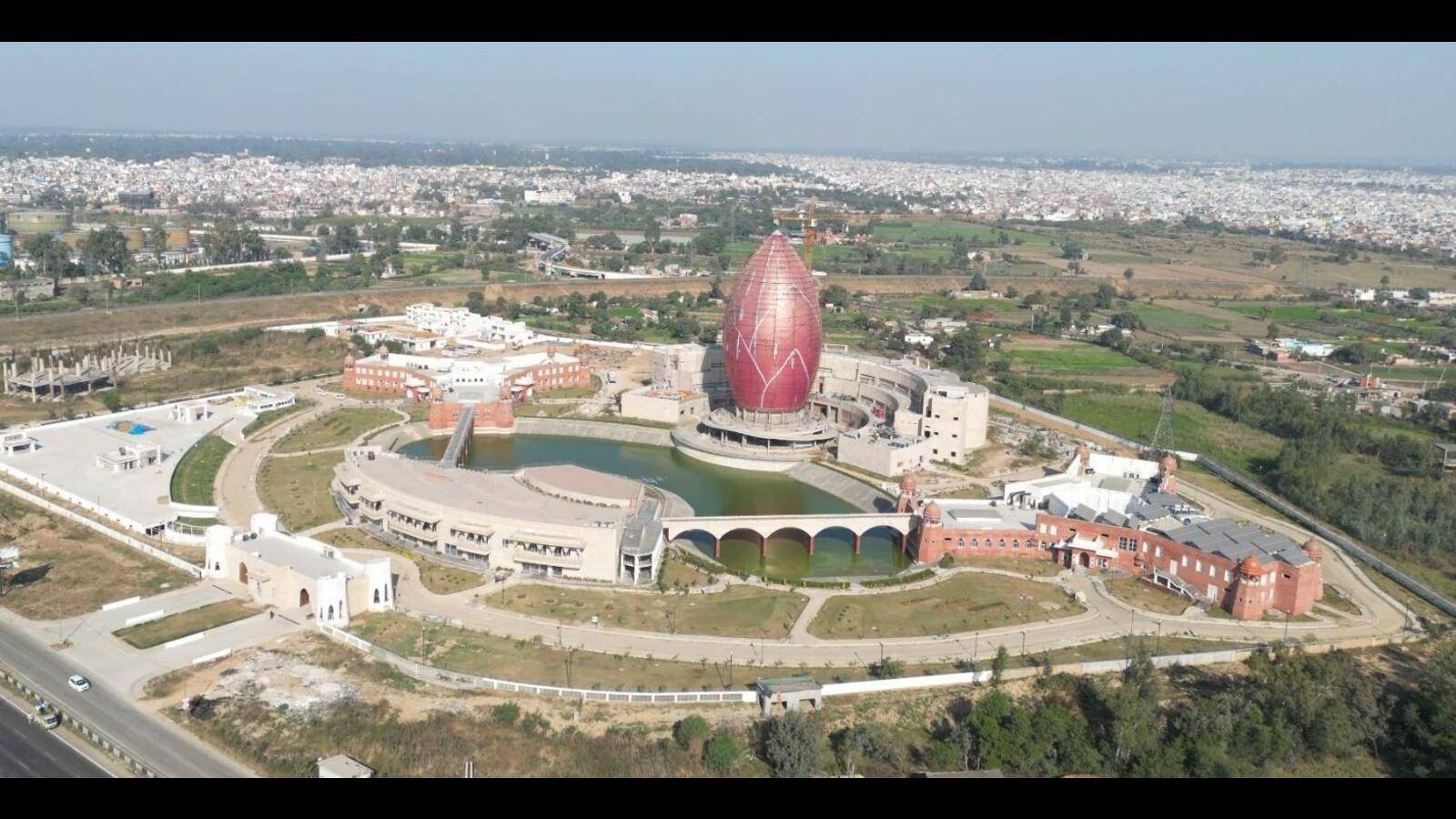



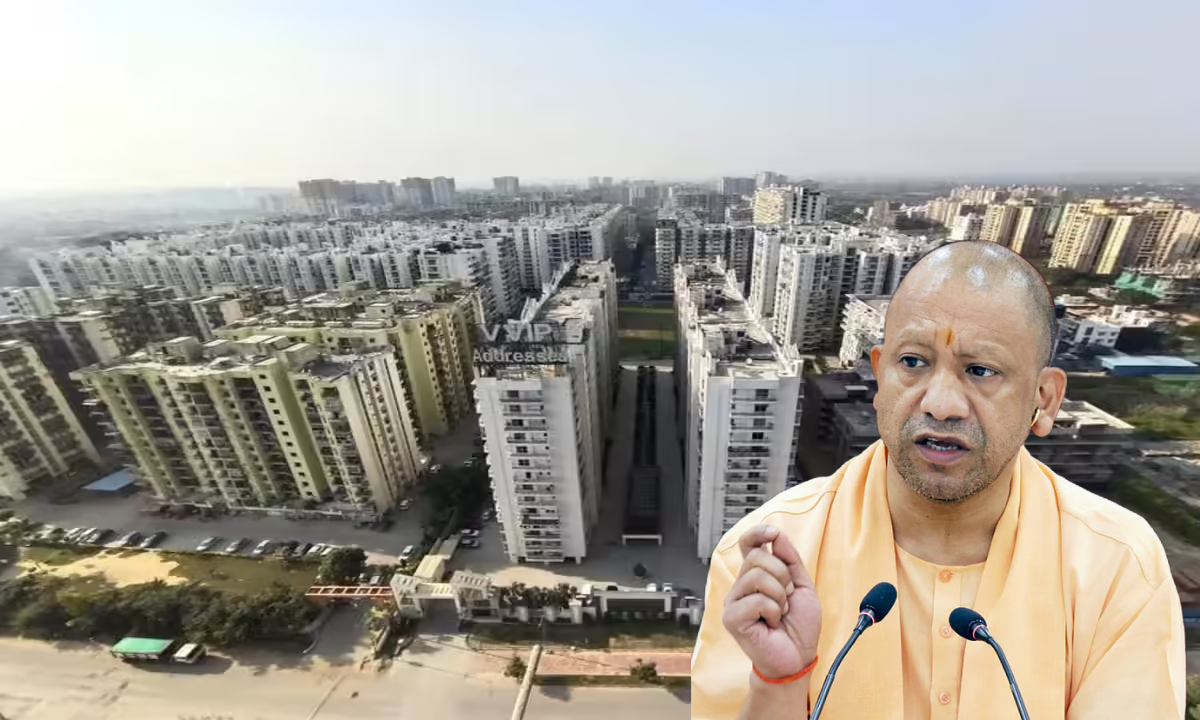
.png)